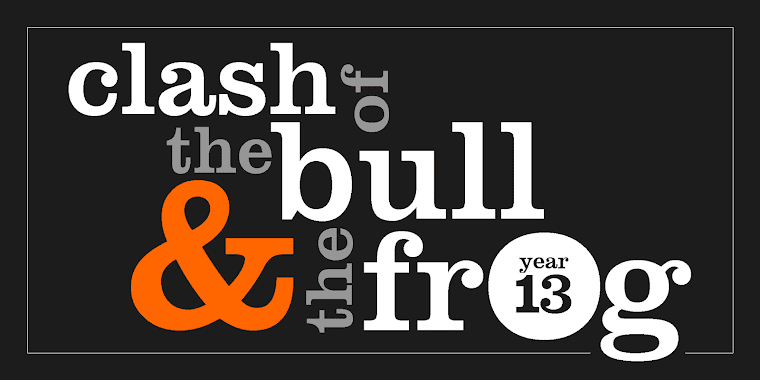Along the road, early morning three days ago, as I went about my usual route, I suddenly felt a massive pain in my arm. It turned out a car just sped right beside me and hit my side. I saw the driver jerk his head towards my direction. I thought he’d stop, but he just faced the road again and sped away into the distance. Things happened in a blur, I was not able to get the car’s plate number (it looked like an old-model, blue mini-compact crossover). It stunned me for a moment. I looked to my other side and felt lucky I didn’t fall into a five-foot high ditch.
The hit and run incident left some evidence though. Across me are pieces of the car’s shattered window visor. I didn’t know my arm was that tough, capable of breaking an industrially manufactured plastic, but this fact only showed how fast and reckless the man was driving. And he just left. Not a concern, not even an apology.
Now this begs the question: What have we become as humans and being humane? What happened to decency? What is wrong with admitting to a mistake you’ve done, telling the truth, and saying you’re sorry? It seems being rude is the new norm, as if to harm is as ordinary as taking a bath. I guess we have broken ourselves too much we‘ve now reached the point of being irreparably numb.
Today, out of a miracle I still have to comprehend, I am only nursing a large bruise the shape of my home province and a scratch that almost encircled my arm. Still, it saddens me not because it looks like someone’s trying to stop me from having my Valentine tomorrow. It’s just that humanity failed as early as 7AM.
The hit and run incident left some evidence though. Across me are pieces of the car’s shattered window visor. I didn’t know my arm was that tough, capable of breaking an industrially manufactured plastic, but this fact only showed how fast and reckless the man was driving. And he just left. Not a concern, not even an apology.
Now this begs the question: What have we become as humans and being humane? What happened to decency? What is wrong with admitting to a mistake you’ve done, telling the truth, and saying you’re sorry? It seems being rude is the new norm, as if to harm is as ordinary as taking a bath. I guess we have broken ourselves too much we‘ve now reached the point of being irreparably numb.
Today, out of a miracle I still have to comprehend, I am only nursing a large bruise the shape of my home province and a scratch that almost encircled my arm. Still, it saddens me not because it looks like someone’s trying to stop me from having my Valentine tomorrow. It’s just that humanity failed as early as 7AM.




